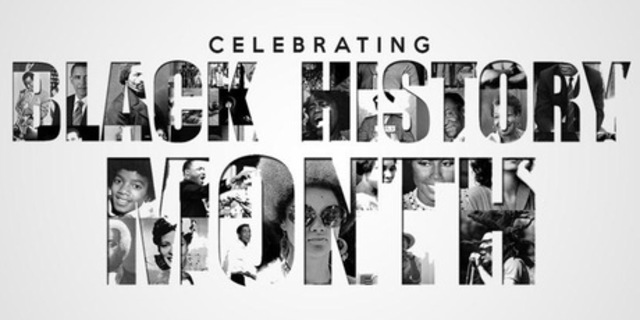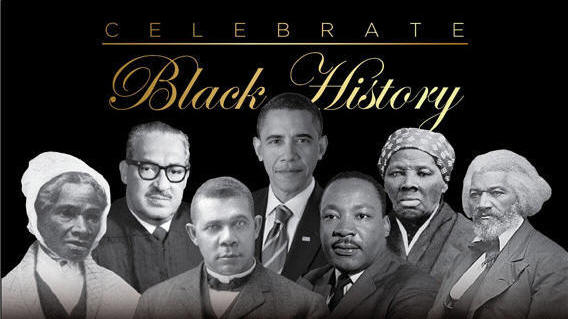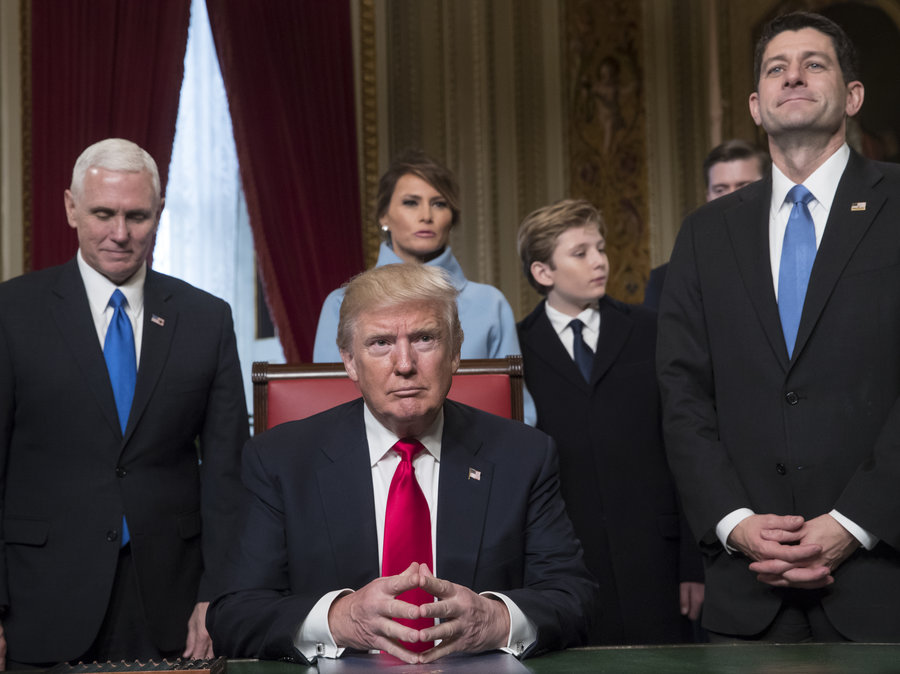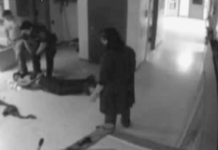The Truth about Black History Month and Startling Revelations
Negro History Week (1926)
The precursor to Black History Month was created in 1926 in the United States, when historian Carter G. Woodson and the Association for the Study of Negro Life and History announced the second week of February to be “Negro History Week.” This week was chosen because it coincided with the birthday of Abraham Lincoln on February 12 and of Frederick Douglass on February 14, both of which dates Black communities had celebrated together since the late 19th century.https://youtu.be/bet8IifogCc
From the event’s initial phase, primary emphasis was placed on encouraging the coordinated teaching of the history of American blacks in the nation’s public schools. The first Negro History Week was met with a lukewarm response, gaining the cooperation of the Departments of Education of the states of North Carolina, Delaware, and West Virginia as well as the city school administrations of Baltimore and Washington, D.C.. Despite this far from universal acceptance, the event was regarded by Woodson as “one of the most fortunate steps ever taken by the Association,” and plans for a repeat of the event on an annual basis continued apace.
At the time of Negro History Week’s launch, Woodson contended that the teaching of black history was essential to ensure the physical and intellectual survival of the race within broader society:
“If a race has no history, it has no worthwhile tradition, it becomes a negligible factor in the thought of the world, and it stands in danger of being exterminated. The American Indian left no continuous record. He did not appreciate the value of tradition; and where is he today? The Hebrew keenly appreciated the value of tradition, as is attested by the Bible itself. In spite of worldwide persecution, therefore, he is a great factor in our civilization.”[5]
By 1929 The Journal of Negro History was able to note that with only two exceptions, officials with the State Departments of Educations of “every state with considerable Negro population” had made the event known to that state’s teachers and distributed official literature associated with the event.” Churches also played a significant role in the distribution of literature in association with Negro History Week during this initial interval, with the mainstream and black press aiding in the publicity effort.
Negro History Week was met with enthusiastic response; it prompted the creation of black history clubs, an increase in interest among teachers, and interest from progressive whites. Negro History Week grew in popularity throughout the following decades, with mayors across the United States endorsing it as a holiday.
On 21 February 2016, 106 year Washington D.C. resident and school volunteer Virginia McLaurin visited the White House as part of Black History Month. When asked by the president why she was there, Virginia said, “A black president. A black wife. And I’m here to celebrate black history. That’s what I’m here for.”
United States: Black History Month (1976)
The expansion of Black History Week to Black History Month was first proposed by the leaders of the Black United Students at Kent State University in February 1969. The first celebration of the Black History Month took place at Kent State one year later, in February 1970.
In 1976 as part of the United States Bicentennial, the informal expansion of Negro History Week to Black History Month was officially recognized by the U.S. government. President Gerald Ford spoke in regards to this, urging Americans to “seize the opportunity to honor the too-often neglected accomplishments of black Americans in every area of endeavor throughout our history.”
United Kingdom (1987)
Black History Month was first celebrated in the United Kingdom in 1987. It was organized through the leadership of Ghanaian analyst Akyaaba Addai-Sebo, who then served as a coordinator of special projects for the Greater London Council (GLC) and created a collaboration to get it underway. It was first celebrated in London and has become a national institution.
Canada (1995)
In 1995, after a motion by politician Jean Augustine, representing the riding of Etobicoke—Lakeshore in Ontario, Canada’s House of Commons officially recognized February as Black History Month and honored Black Canadians. In 2008, Senator Donald Oliver moved to have the Senate officially recognize Black History Month, which was unanimously approved.
Criticism
Black History Month often sparks an annual debate about the continued usefulness and fairness of a designated month dedicated to the history of one race. Criticism include questions over whether it is appropriate to confine the celebration of black history to one month, as opposed to integration of black history into the mainstream education the rest of the year. Another criticism is that contrary to the original inspiration for Black History Month, which was a desire to redress the manner in which British schools failed to represent black historical figures as anything other than slaves or colonial subjects, Black History Month reduces complex historical figures to overly simplified objects of hero worship. Another criticism, usually leveled by whites,[who?] is that the celebration is racist.
Black celebrities such as actor and director Morgan Freeman and actress Stacey Dash have criticized Black History Month, with Freeman saying, “I don’t want a black history month. Black history is American history.” Freeman has argued that there was no White History Month, because white people did not want their history relegated to just one month.
President Trump holds a meeting honoring #BlackHistoryMonth














